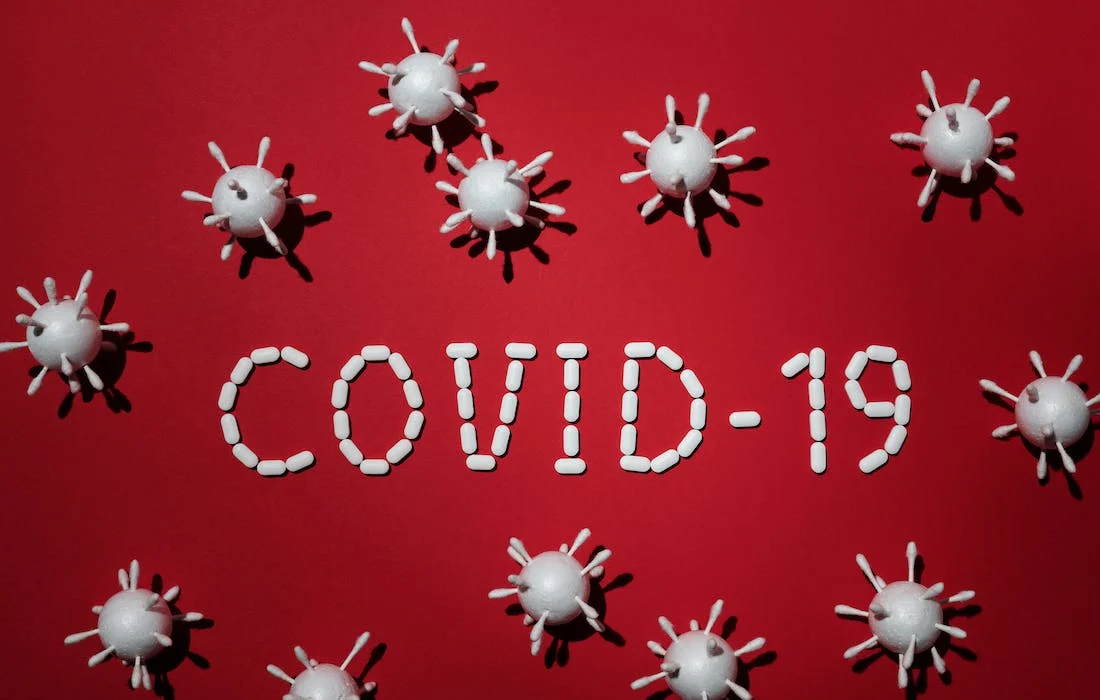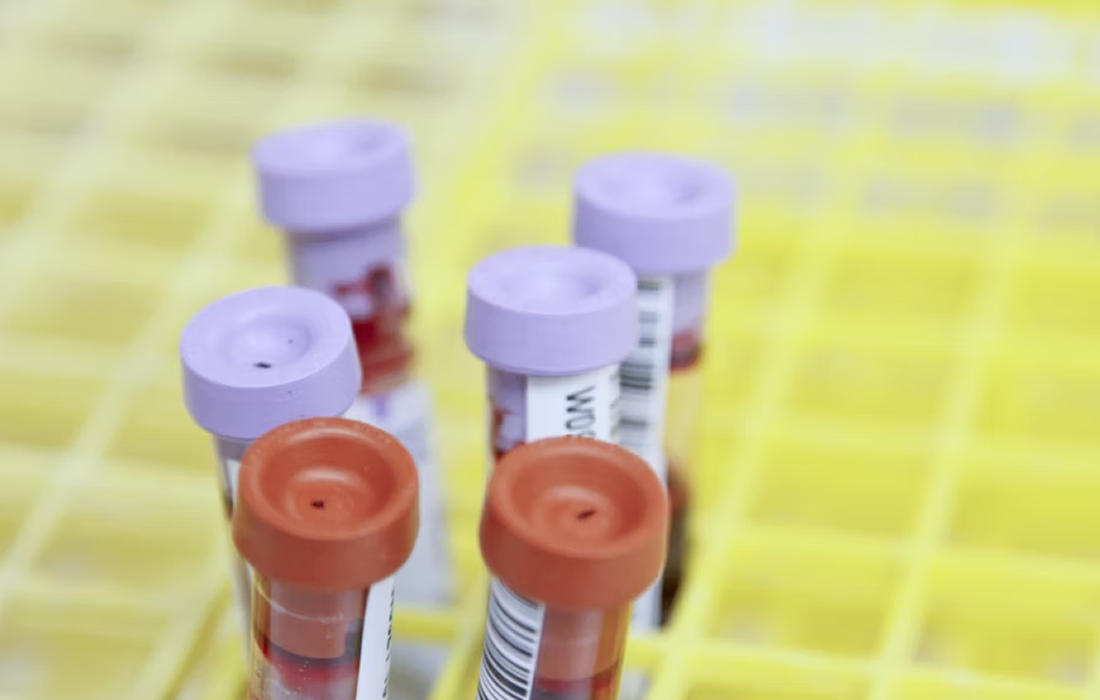UK researchers have found that people with longer-term COVID-19 symptoms including brain fog showed reduced performance in tasks testing different mental processes up to two years after infection with the virus. Researchers from King’s College London looked at whether infection with COVID-19 affected performance in two rounds of online cognitive testing that took place in […]
Monthly Archives: July 2023
Researchers from the University of Liverpool have created a biomedical compound that has the potential to stop the spread of breast cancer. A recently published paper details these early findings. Scientists from the Chemistry and Biochemistry Departments at the University of Liverpool and Nanjing Medical School in China have discovered a possible way to block […]
In a new study, researchers have successfully induced human stem cells to create artificial tendon-like tissue that mimics tendon properties and offers significantly improved tendon reconstruction in a mouse tendon-rupture model. Tendons are tissues that connect muscles to bones and are important for movement and locomotion. Human induced pluripotent stem cells, or hiPSCs, are special […]
A study from Binghamton University researchers recently published in the Journal of the Mechanical Behavior of Biomedical Materials explores how ultraviolet radiation can alter the microstructure of human skin making it appear “leathery”. Particularly affected is collagen, the fibrous protein that binds together tissue, tendon, cartilage and bone throughout our bodies. “We don’t want to […]
New research has established a link between western diets high in fat and sugar and the development of non-alcoholic fatty liver disease, the leading cause of chronic liver disease. The research has identified the western diet-induced microbial and metabolic contributors to liver disease, advancing our understanding of the gut-liver axis, and in turn the development […]
Researchers have found new evidence that vitamin D may be metabolized differently in people with an elevated body mass index (BMI). Vitamin D is an essential nutrient involved in many biological processes, most notably helping our body absorb minerals, such as calcium and magnesium. While some of the vitamin D we need is made in […]
Women diagnosed and treated for breast cancer have increased biological aging compared to women who remain free of breast cancer, according to a new study by researchers at the National Institutes of Health and their collaborators. Among women diagnosed with breast cancer, the association with faster biological aging was most pronounced for those who received […]
The fastest way to heat food and drink might also rank as the fastest route to ingesting massive quantities of minuscule plastic particles, says new research from the University of Nebraska-Lincoln. Experiments have shown that microwaving plastic baby food containers available on the shelves of U.S. stores can release huge numbers of plastic particles — […]
Whether enjoyed on its own or mixed into a latte, Americano or even a martini, espresso provides an ultra-concentrated jolt of caffeine to coffee lovers. But it might do more than just wake you up. Research now published in ACS’ Journal of Agricultural and Food Chemistry shows that, in preliminary in vitro laboratory tests, espresso […]
University of South Australia researchers have identified three new biomarkers for prostate cancer to help identify and differentiate potentially aggressive cases of the disease which kills more than 300,000 men each year. An international team of scientists led by UniSA Professor of Molecular Medicine Doug Brooks has made the breakthrough, which assists pathologists when visualising […]










